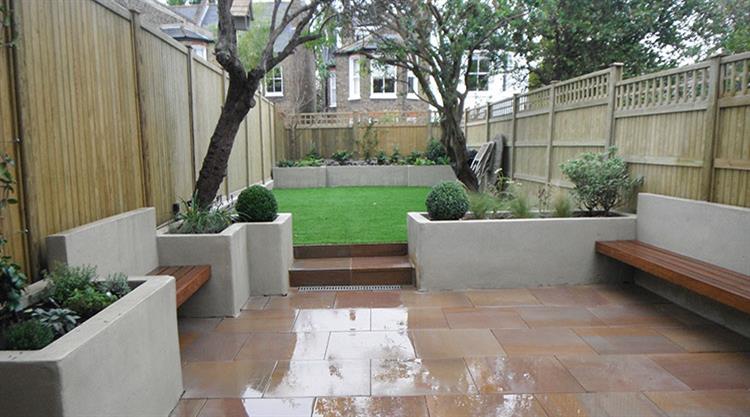Whilst gardening is a fun and enjoyable pastime, it’s also one that can be decidedly challenging in some instances. Aside from the labour-intensive and time-consuming nature of some gardening tasks, it may occasionally be necessary to undertake more complex projects that make your outdoor space more accessible and functional. Whilst this will require you to comply with various health and safety and planning legislation, it’s thought that modifying your garden space can translate into an ROI of 88%. This means that you can add considerable value to your home by creating an accessible garden, and the question that remains is how can such an objective be achieved? Start with Your Layout – Considering Paths and Paving If you’re modernising your garden space, it’s important to determine its precise layout. This means dividing the space between paving, lawn and flower beds, as you look to compartmentalise the area and optimise accessibility. In terms of paving, this is a worthwhile investment in a new or modified garden as it provides an affordable and relatively easy to maintain surface area. Paving also provides the ideal balance between efficiency and cash savings, as whilst materials such as gravel may be cheaper they’re far from ideal for bins, children’s toys and pushchairs. From a practical perspective, paving with mortared joints tends to be easier, whilst this also prevents weeds from sprouting in your garden space. If you have kids, you should also keep clear of slippery materials like slate and York stone, whilst paths should also boast a recommended width of between 1 and 1.5 metres. If you intend to maintain flower beds around the edge of the garden, you should also look to separate alternative planting areas that negate the need for constant pruning and minimises overgrowth. This means that your flower beds should be secured and compartmentalised, with Marshall’s garden edging stones and caps providing a stylish option that strikes the ideal balance between cost and aesthetics. Some Practical Considerations for Home-owners In terms of functionality, there are other steps that you can take to improve your private or communal garden space. One option is to install an outdoor plug socket on the external wall of your home, as this makes jobs such as mowing and hedge-trimming far easier. It’s also wise to install simple and easy-to-use handles (or latches) on all external doors and gates, so that people can gain access safely at all times. If you don’t have the money to install a new or powerful water system, you should consider fitting an outdoor tap or a water butt that collects rainwater as it falls. These steps will help you to create an accessible and functional garden space, and one that’s inherently safe and enjoyable during the summer months.





